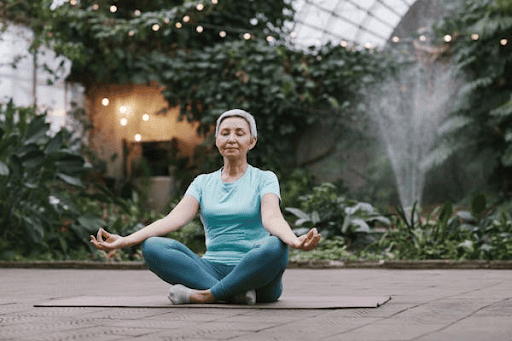Caring for your hearing is important for maintaining your overall well-being. Sounds shape your daily experiences, from the laughter of loved ones to the beauty of nature. However, many people overlook their hearing health until issues arise.
Everyday Noise and its Effects
From traffic and construction to household appliances, we are surrounded by sounds. While some noise is normal, prolonged exposure to loud noise can lead to hearing loss. Many people do not realize that repeated exposure to sounds above 85 decibels can damage the delicate structures in the inner ear. Common sources of such noise include loud music, lawnmowers, and power tools.
To protect your hearing, try to limit your exposure to loud noises. When you cannot avoid them, use ear protection such as earplugs or earmuffs. Even simple habits, like turning down the volume on your devices, can make a big difference.
Understanding Hearing Loss
Hearing loss affects millions of people of all ages and can be caused by various factors, including genetics, aging, and exposure to loud noises. This condition can range from mild to severe and can impact your life significantly. Some signs of hearing loss include difficulty understanding conversations, frequently asking others to repeat themselves, and needing to turn up the volume on your TV or radio. If you notice any of these symptoms, it is important to schedule a hearing exam. Early detection can help manage the condition better and prevent further damage.
Importance of Regular Hearing Health Exams
Just like visiting your doctor for a routine check-up, scheduling a hearing exam with us ensures your hearing stays in good shape. These exams can identify problems that you might not notice yourself. During a hearing exam,we will conduct several tests to assess your hearing ability. They may use tools like audiometers and perform different assessments to determine how well you hear sounds at various frequencies and volumes.
How to Protect Your Hearing
First, be mindful of the volume levels when using headphones or earphones. Listening to music at high volumes for extended periods can harm your ears. A good rule of thumb is to follow the 60/60 rule: listen at no more than 60% of the maximum volume for no longer than 60 minutes at a time.
Secondly, take breaks from noisy environments. If you are in a loud place, such as a concert or sports event, give your ears some rest by stepping outside every hour. This reduces the overall exposure to harmful noise levels.
Additionally, use ear protection in noisy work environments. Many occupations involve exposure to loud machinery or equipment, and wearing earplugs or earmuffs can prevent damage to your hearing over time.
Healthy Habits for Better Hearing
Eating a well-rounded diet with plenty of vitamins and minerals is good for your health, and that includes your ears. Nutrients like vitamins A and C, magnesium, and zinc are great for keeping your hearing strong. Staying active with regular exercise is also a big help because it boosts blood flow all over your body, including to your ears. Better circulation means your ears get the support they need to stay healthy and work properly. It’s also a good idea to avoid smoking and keep your alcohol intake in check. These habits can hurt your hearing by cutting off blood flow and harming the tiny cells in your ears.
Addressing Hearing Loss with Technology
If you already experience hearing loss, modern technology offers various solutions to assist you. Hearing aids, for example, have advanced significantly in recent years. They now come with features like noise reduction, directional microphones, and wireless connectivity, making them more effective and convenient than ever.
Other devices, such as cochlear implants, can help individuals with more severe hearing loss. These devices bypass damaged parts of the ear and directly stimulate the auditory nerve, allowing users to perceive sound. Contact us today to explore the best options for your specific needs.

